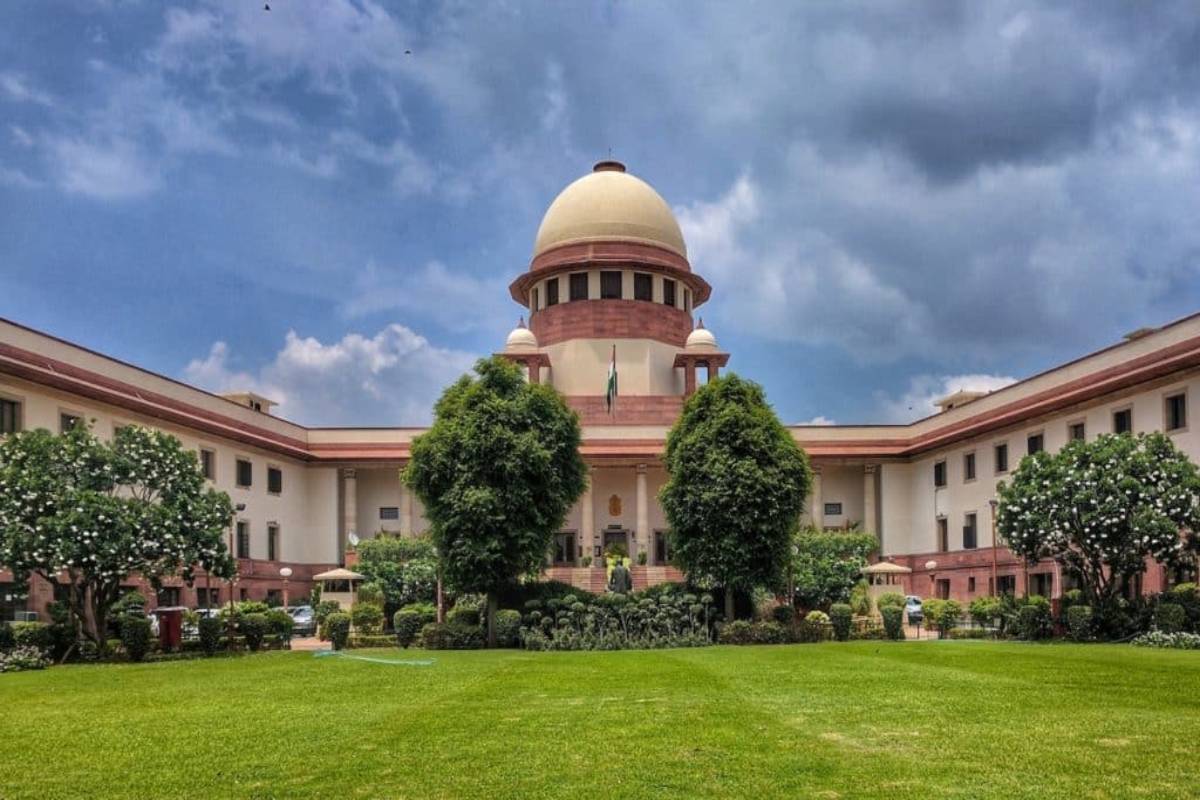In a landmark ruling, the Supreme Court has dealt a decisive blow to the shadows that have long shrouded political funding in the country. The court’s rejection of the State Bank of India’s plea for an extended timeline to reveal the names of political donors marks a pivotal moment for transparency, accountability, and the very essence of democratic principles. At the heart of this ruling lies the dismantling of a seven-year-old election funding system that allowed for unlimited and anonymous contributions to political parties. This opaque mechanism, termed the Electoral Bonds system, faced its demise on February 15, with the Supreme Court deeming it “unconstitutional.”
The implications of this decision reverberate across the political spectrum, impacting beneficiaries of this funding structure since its inception in 2017. The court’s directive to the bank to disclose the names of donors, beneficiaries, and corresponding amounts by Tuesday is not merely a legal formality. It signifies a resolute commitment to unravelling the intricacies of political financing, thus striking a blow against the clandestine practices that have long mired Indian politics. SBI’s attempt to seek an extension until June 30, citing the complexity of compiling information involving over 22,000 donations, was met with stern disapproval from the court. Chief Justice D.Y. Chandrachud emphasised that the required details were readily available and insisted on their prompt disclosure.
Advertisement
The court’s firm stance serves as a powerful message, signalling that compliance with the principles of transparency is non-negotiable, even in the face of logistical challenges. The Electoral Bonds system, now consigned to history, allowed individuals and companies to purchase bonds from SBI and donate them to political parties, obscuring the identity of the contributors. The system had faced criticism from opposition members and civil society groups who argued that it undermined the public’s right to know the financial backers of political parties. The Association for Democratic Reforms, a nongovernmental organisation focused on electoral funding, was among the petitioners challenging the system. As the country approaches a national election expected in April and May, the timing of this decision is significant. The court’s directive for the Election Commission of India to compile and publish the disclosed information by March 15 ensures that voters are armed with crucial insights into the financial backers of political parties before casting their votes. This move aligns with the broader global trend toward fostering transparency in political financing, reinforcing the belief that an informed electorate is vital for the health of any democracy.
The court’s warning of potential consequences for non-compliance adds a layer of gravity to the situation. The onus now falls squarely on the State Bank of India to adhere to the stipulated timeline and contribute to the ushering in of a new era ~ one where the shadows of opaque political funding are dispelled, and the democratic process stands illuminated by the principles of openness and accountability











